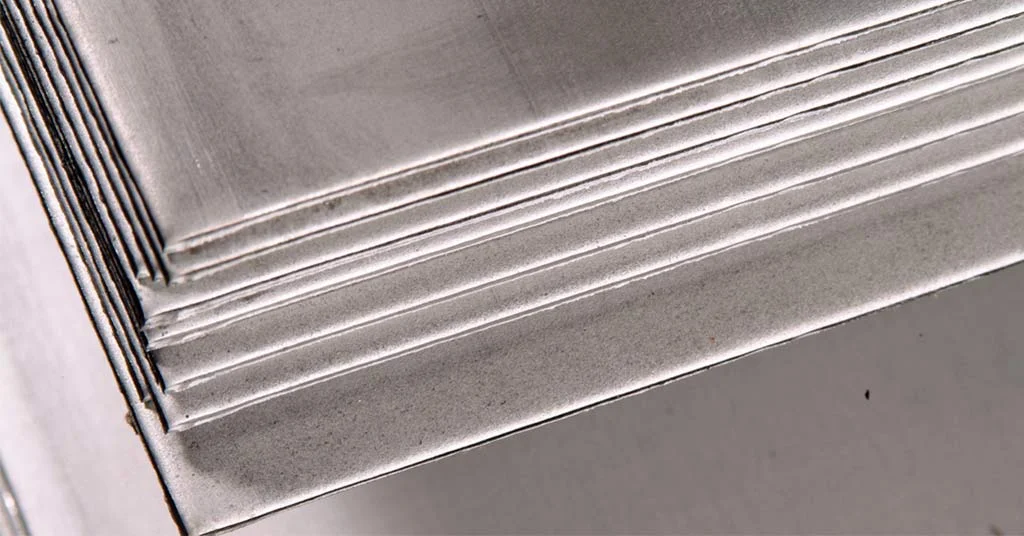Welcome To ChemAnalyst

Despite being the world's second-largest steel producer, India finds itself grappling with a persistent dependence on steel imports, a predicament that has been accentuated in recent times due to China's surge in steel exports to the country. This upswing in Chinese steel shipments has sparked a wave of discontent within India's domestic steel sector, triggering concerns and protests. The data for June 2023 alone reveals a substantial 5.9% increase in steel imports compared to the previous month, accompanied by a notable 7.6% rise compared to the same period the previous year. Adding to the complexity, India has also seen an uptick in steel imports from Vietnam.
The central apprehension among local steel manufacturers revolves around safeguarding their vested interests without incurring detrimental repercussions on the local steel pricing landscape. The influx of competitively priced steel from nations like China, Japan, Vietnam, and Russia has exerted significant pressure on Indian steel producers. A clear shift is evident from June 2022 to June 2023: China's share of steel exports to India rose from 26.1% to a more substantial 37.1%, with a parallel increase in Vietnam's contribution from 1% to 4.8%.
The pricing dynamics of the imported steel significantly undercut those of their Indian counterparts. This pricing discrepancy poses a formidable challenge to Indian steelmakers striving to maintain a competitive edge. As a result, a number of Indian steel mills have been forced to halt or curtail their operations, leading to a considerable loss of jobs within the industry.
Beyond the industry's internal struggles, the deluge of Chinese steel imports also has broader implications for the Indian government's revenue generation. Importantly, the government imposes substantial taxes on steel imports, making the surge in Chinese steel a direct threat to revenue collection.
As a countermeasure to the adverse effects of the influx of Chinese steel, Indian steel producers have recently been urging the government to impose an import cess on steel. This essentially translates to the imposition of taxes on imported goods. The rationale behind this proposal is to level the competitive playing field and shield the Indian steel industry from what is perceived as unfair competition.
However, the Government of India appears to be treading cautiously before committing to such a policy shift. Reports indicate that the government is wary of the potential for an import cess to drive up steel costs for Indian consumers.
Nonetheless, the Indian government is actively evaluating the pros and cons of implementing an import cess. Analysts anticipate a decision in the near future as the country grapples with finding the right equilibrium between consumer interests and the need to fortify the domestic steel sector against external pressures.
We use cookies to deliver the best possible experience on our website. To learn more, visit our Privacy Policy. By continuing to use this site or by closing this box, you consent to our use of cookies. More info.
